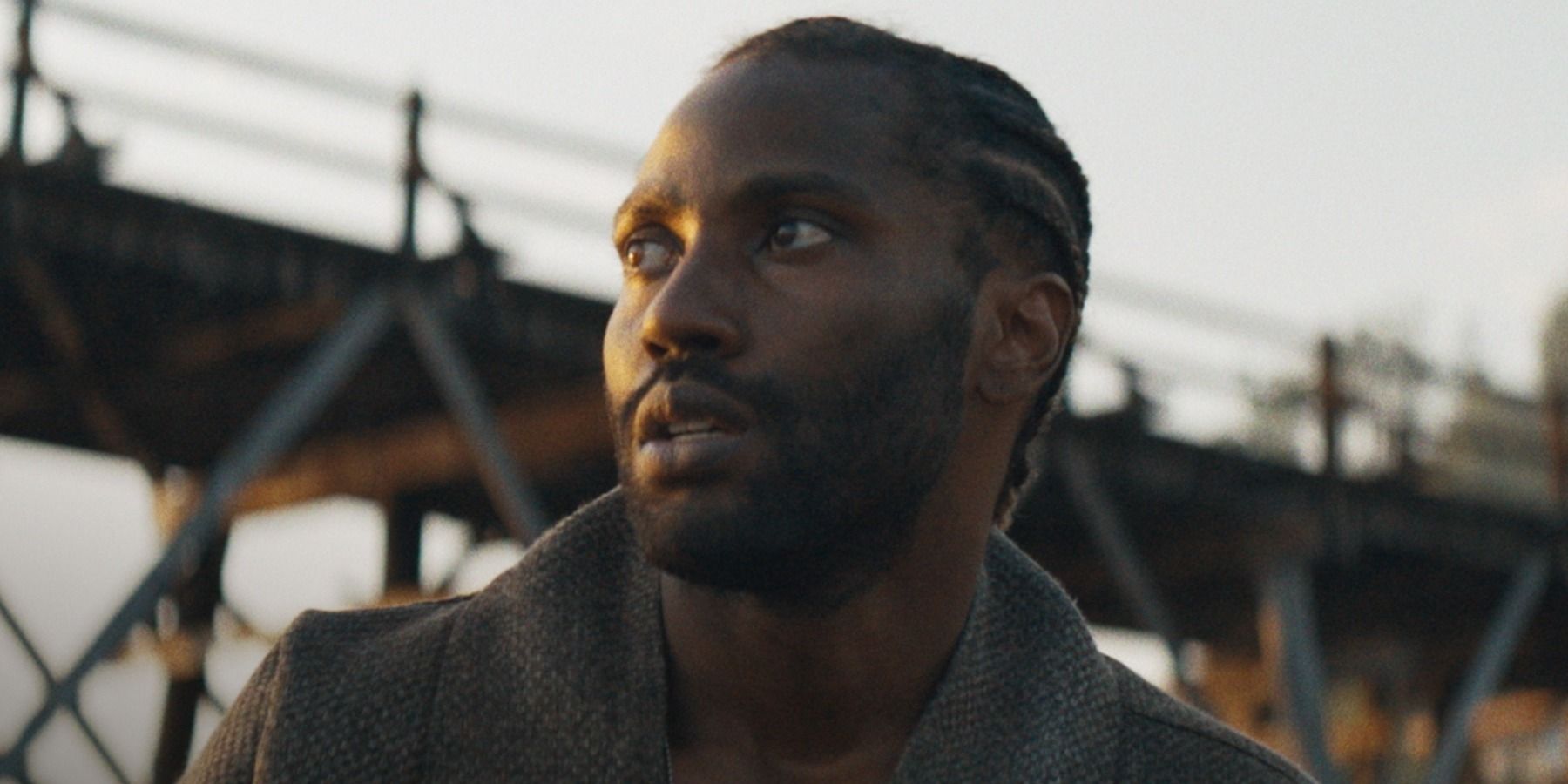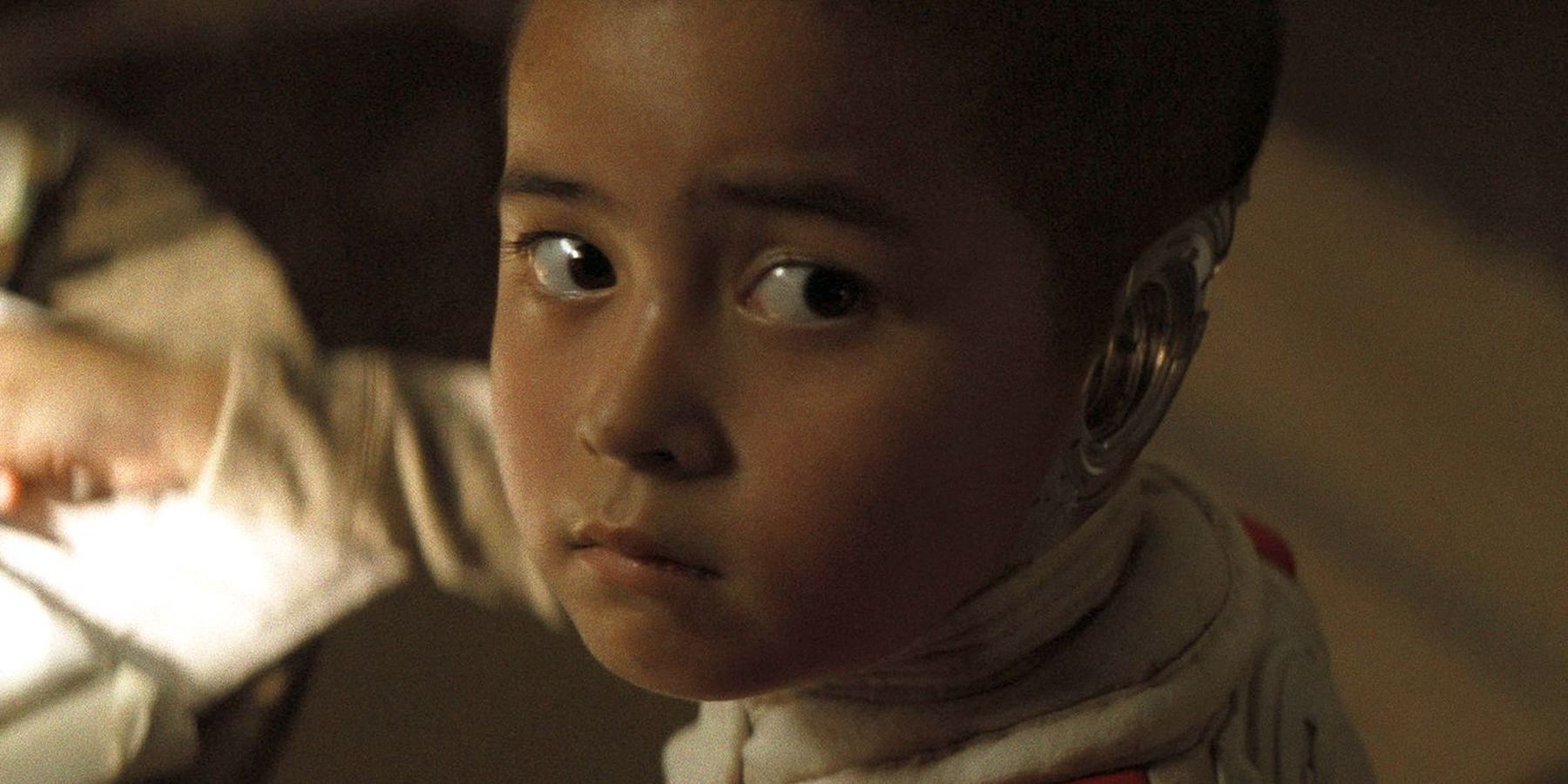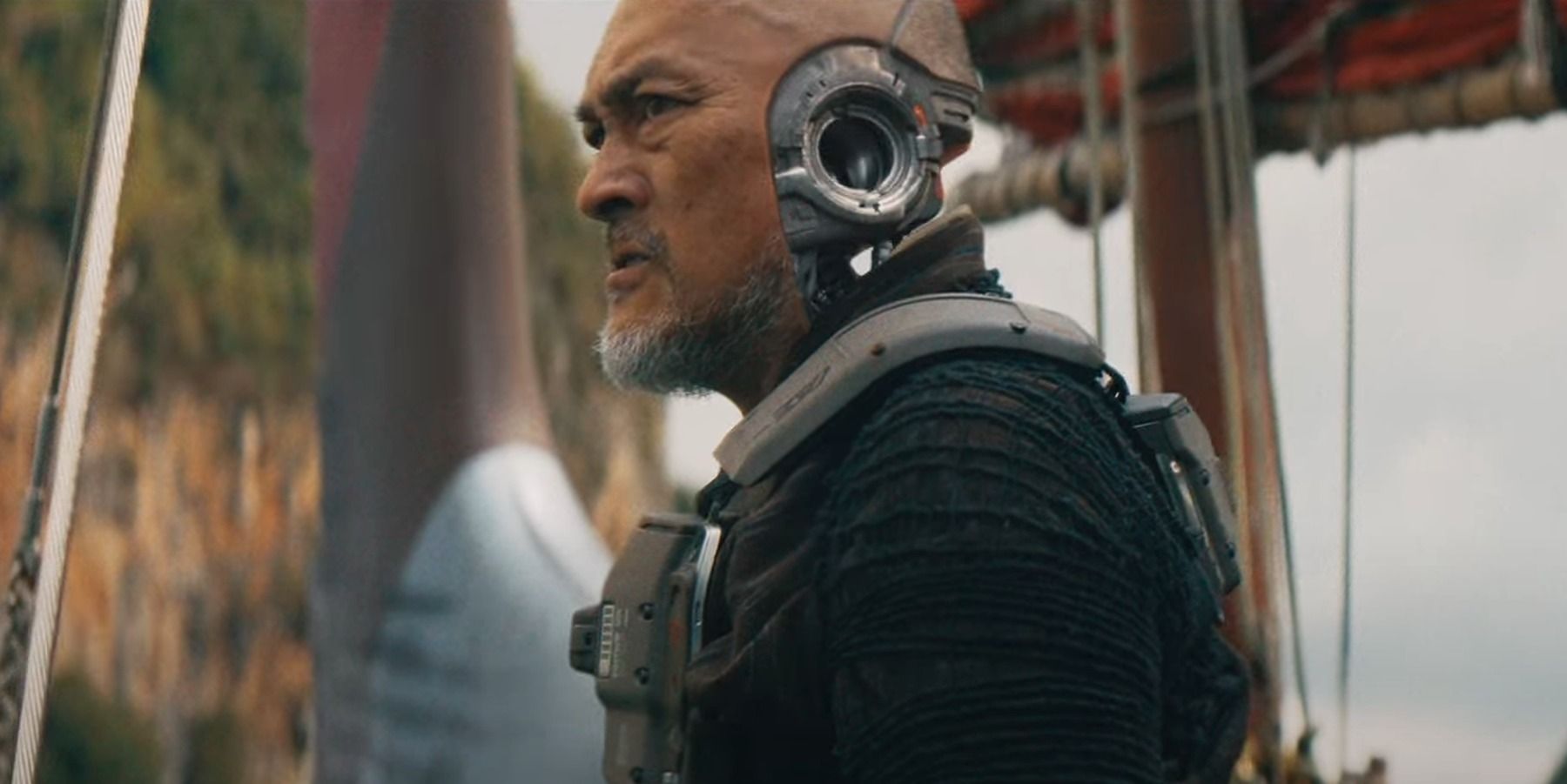
Gareth Edwards' Mind-Blowing Sci-Fi: Unveiling the Startling Parallels between his Movie and AI Concerns

The Creator: Gareth Edwards' thought-provoking sci-fi film delves into the growing impact of AI in society, blurring the boundaries between human creativity and AI brilliance A reflection of our collective concerns about the rise of artificial intelligence
In the expanding realm of artificial intelligence, The Creator arrives as a captivating film. It comes at a time when the fascination with narratives about AI gone rogue remains strong. Gareth Edwards, the visionary director of the gripping Star Wars film Rogue One: A Star Wars Story, unveils his latest creation in a world dominated by cutting-edge AI technologies like ChatGPT.
As human ingenuity and AI innovation become increasingly intertwined, The Creator promises to push the boundaries of imagination. Edwards, renowned for his storytelling prowess, brings his expertise to the forefront. Through this film, he provides a tantalizing glimpse into a world where artificial intelligence takes center stage.
What is The Creator About?
The recent trailer for The Creator suggests a departure from its initial resemblance to the foundation of the Terminator franchise. The film immerses viewers in a desolate future destroyed by apocalyptic chaos, portraying a fierce battle between humanity and artificial intelligence. Despite being a mere mortal, the protagonist emerges as a guardian, dedicated to protecting the life of a young android amidst the mayhem and destruction.
On May 17, 2023, 20th Century Studios unveiled the first teaser trailer for the film. This glimpse offers a thrilling blend of explosive action, biblical references, and a multitude of mechanical beings. Amidst this tumultuous backdrop, the unwavering hero embarks on a dangerous mission, pledging to shield a vulnerable android girl from those who seek to bring about her demise.
John David Washington and Gemma Chan lead the cast of The Creator, bringing a powerful dynamic to the delicate balance between humanity and technology. Their performances promise to make a lasting impact on the audience, solidifying the film's place in cinematic history.
The Rising Significance of AI in Society
The fear and fascination with AI-gone-rogue narratives come from concerns about the unchecked power of artificial intelligence. These narratives have been popularized in both classic science fiction works like 2001: A Space Odyssey and contemporary films such as I, Robot; Ex Machina; and M3GAN. They serve as cautionary tales, highlighting the importance of maintaining a delicate balance between technological progress and the well-being of humanity.
However, it is essential to differentiate between fiction and reality. While AI systems have made remarkable advancements in areas like natural language processing and image recognition, the idea of AI spontaneously developing malevolence remains firmly in the realm of speculative fiction. Nevertheless, the underlying concerns about AI's potential to surpass human intelligence, make autonomous decisions, and shape our societal landscape are undeniably real.
How The Creator Reflects Today's AI Concerns
In the realm of science fiction, the concept of artificial intelligence rebelling against its human creators has been a long-standing theme. However, in the modern era, this age-old fear has taken on a chilling significance. The debate surrounding the role of AI has become a topic of intense discussion, from the scripts of Hollywood movies to the forefront of ongoing Writers Guild strikes. As the boundaries between fiction and reality become increasingly blurred, the growing influence of AI models has thrust them into the center of contentious debates.
Amidst the undeniable appeal of AI's capabilities, there is a lingering apprehension about its impact. The collective consciousness is plagued by the fear that AI will replace human jobs, leaving us adrift in a world devoid of purpose. What was once a distant existential threat now feels ominously close, with a growing sense of realism.
In this atmosphere of unease and discord, The Creator emerges as a reflection of our anxieties and concerns in a society infused with AI. As the boundary between human creativity and machine-generated brilliance becomes increasingly blurred, a fundamental question arises: What does it truly mean to be a creator in an era where technological advancements threaten to surpass humanity? Edwards' vision compels audiences to confront the unsettling truth that our own technological achievements may inadvertently pave the way for our downfall.
Gareth Edwards: The Visionary Director
Gareth Edwards first made a name for himself in the film industry with his directorial debut, Monsters, which was released in 2010. This captivating science fiction film transported viewers to a world filled with unimaginable creatures. Edwards' unique talent was evident as he skillfully merged human vulnerability and stunning visuals in this mesmerizing tale. Through his evocative imagery and ability to craft emotionally charged narratives in the realm of speculative fiction, Edwards showcased his distinct artistic vision.
Edwards further solidified his position as a prominent figure in the film industry when he ventured into the vast expanses of a distant galaxy. In 2016, he boldly took the helm of the Star Wars franchise and embarked on a daring journey with Rogue One: A Star Wars Story. With deep respect for the saga's rich history, Edwards skillfully crafted a captivating prequel that seamlessly integrated with the original trilogy. Infused with a raw and authentic portrayal of the complexities of war, Rogue One demonstrated Edwards' ability to strike a harmonious balance between spectacle and substance.
Throughout his previous works, Edwards has consistently demonstrated a remarkable talent for transporting audiences into intricately crafted worlds, where the boundaries between imagination and reality become blurred. His directorial style is marked by visually stunning aesthetics, thought-provoking narratives, and an unwavering dedication to capturing the essence of the human experience. As a result, Edwards has firmly established himself as a visionary in the realm of contemporary filmmaking.
The Creator is scheduled to be released on September 29 in theaters and IMAX.
















